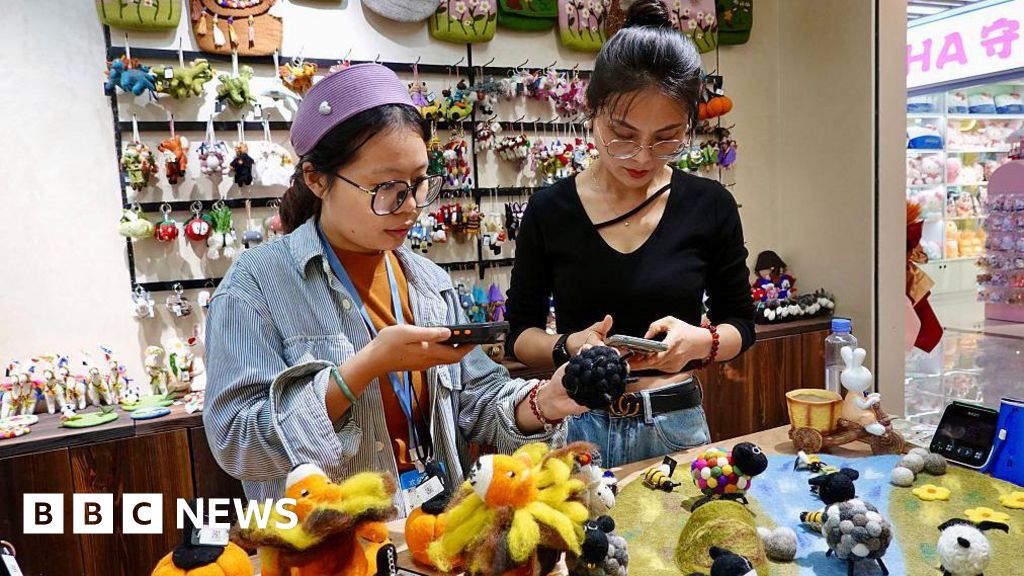China's renowned Singles Day shopping festival, traditionally held on November 11th, has commenced five weeks earlier than usual this year. The early start aims to invigorate consumer spending and support economic growth amid ongoing challenges.
Singles Day, known as the world's largest online shopping event, has become a significant economic phenomenon in China. Retailers and e-commerce platforms are leveraging the extended promotional period to attract more consumers and boost sales. This strategic shift reflects concerns over sluggish economic momentum and the need to stimulate domestic consumption.
Historically, Singles Day has been a major sales event, with billions of dollars in transactions processed within a single day. However, in recent years, the event's timing and scale have evolved, with online platforms offering discounts and exclusive deals over several weeks. This year, the early commencement is seen as an effort to sustain consumer interest and counteract economic uncertainties.
Experts suggest that the move to start Singles Day earlier could help retailers recover from recent slowdowns caused by pandemic-related disruptions and changing consumer behaviors. The extended promotional period allows for more flexible shopping, encouraging consumers to spread out their purchases and take advantage of various deals.
Additionally, the Chinese government continues to emphasize the importance of domestic consumption as a key driver of economic stability. The early Singles Day sales are viewed as part of broader efforts to stimulate spending and support local businesses.
Consumers are responding with enthusiasm, eager to capitalize on discounts and exclusive offers. E-commerce giants like Alibaba and JD.com are leading the charge, offering a wide array of products and promotions to attract shoppers. The early start also provides an opportunity for international brands to participate and expand their presence in the Chinese market.
Overall, the decision to kick off Singles Day earlier this year reflects a strategic move by retailers and policymakers to bolster economic activity and adapt to changing market conditions. As the event unfolds, it will serve as a barometer of consumer confidence and economic resilience in China.
